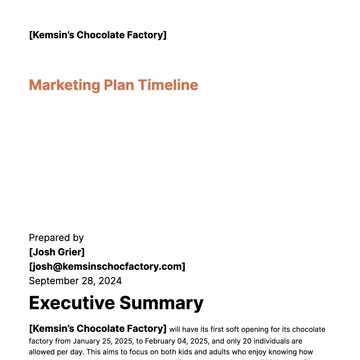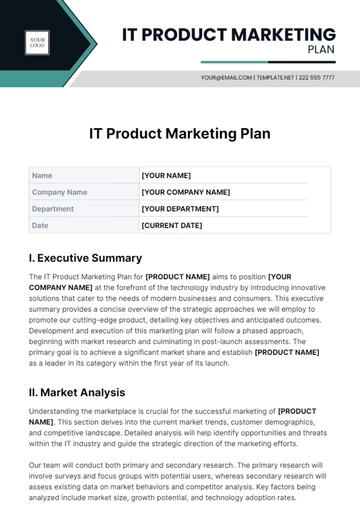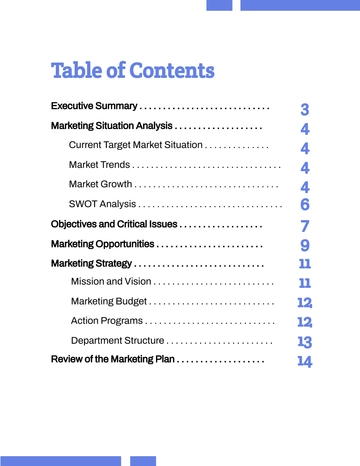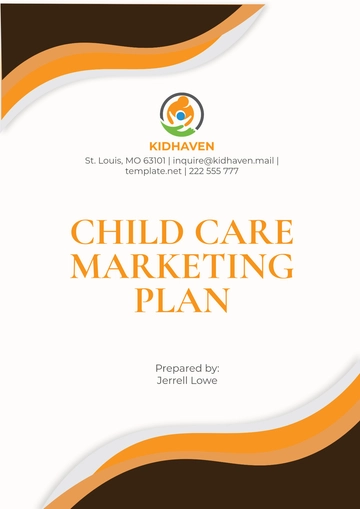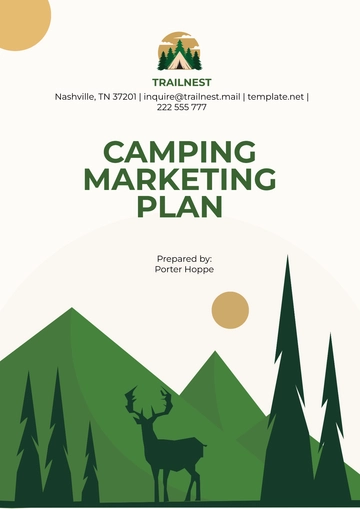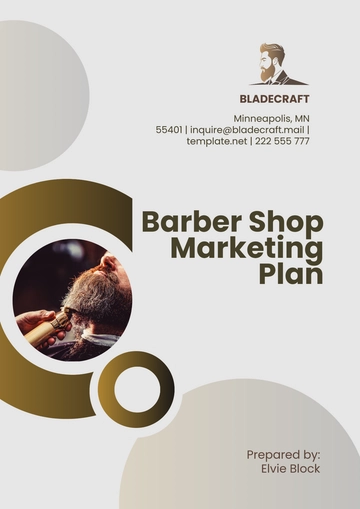Free Podcast Marketing Plan
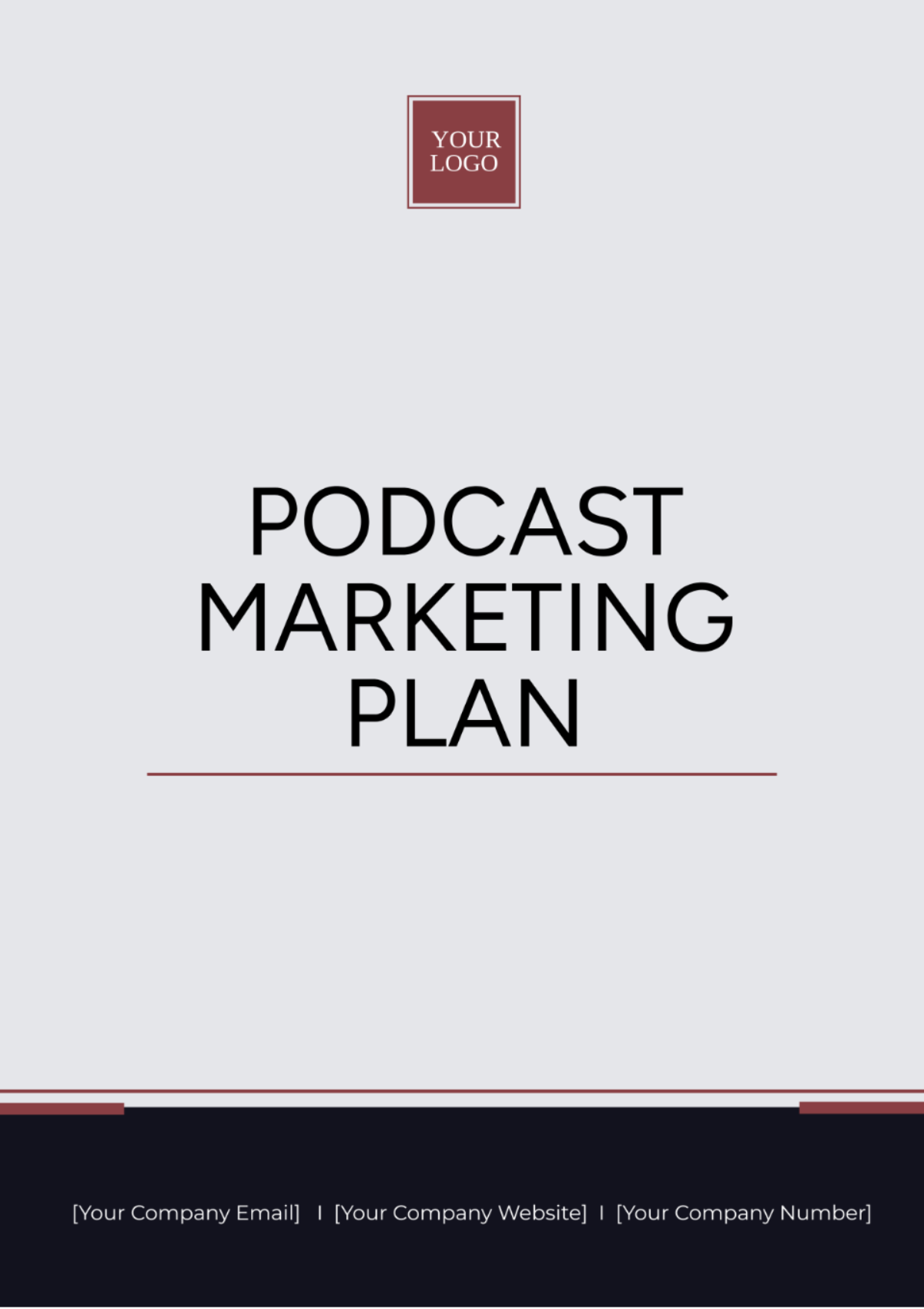
Prepared by: [YOUR NAME]
Podcast Name: [YOUR PODCAST NAME]
Podcast Link: [PODCAST URL]
I. Executive Summary
The podcast marketing plan aims to elevate [Your Podcast Name] podcast to new heights by strategically increasing its audience reach and engagement. Through targeted content creation, community engagement, and strategic partnerships, the plan seeks to position the podcast as a go-to resource for personal and professional development enthusiasts.
II. Target Audience Analysis
Identifying our target audience as ambitious millennials and Gen Z seeking personal growth and career advancement opportunities. Understanding their preferences, challenges, and behaviors will inform content creation and marketing strategies.
III. Content Strategy
Content-Type | Description |
|---|---|
Expert Interviews | Invite industry leaders and experts for in-depth discussions on personal and professional growth. |
Actionable Tips | Produce solo episodes offering practical tips and strategies for listeners to implement. |
Audience Q&A Sessions | Host interactive Q&A sessions to address listener questions and foster community engagement. |
Special Series | Create a thematic series focusing on specific topics or challenges relevant to the audience. |
IV. Promotion Strategy
Platform | Strategy |
|---|---|
Social Media | Share episode highlights, quotes, and engaging visuals across Instagram, Twitter, and LinkedIn. Engage with the audience. |
Influencer Collabs | Collaborate with influencers and thought leaders in the personal development niche for cross-promotion and wider reach. |
Podcast Directories | Submit the podcast to popular directories like Apple Podcasts, Spotify, and Google Podcasts to increase discoverability. |
V. Monetization Plan
Monetization Avenue | Description |
|---|---|
Sponsored Content | Partner with relevant brands for sponsored segments or episodes, providing value to both listeners and sponsors. |
Affiliate Marketing | Promote products or services related to personal development and earn commissions for referred sales. |
Premium Subscriptions | Offer exclusive content or benefits to subscribers who opt for premium subscription tiers. |
Listener Support | Encourage direct financial contributions from loyal listeners through platforms like Patreon or Buy Me a Coffee. |
VI. Measurement and Analytics
Regularly monitor key metrics such as downloads, listener demographics, social media engagement, and website traffic using tools like Google Analytics and podcast hosting platforms' analytics. Analyze data to identify trends, assess the effectiveness of marketing efforts, and make data-driven decisions for optimization.
VII. Community Engagement
Building a thriving community around [Your Podcast Name] podcast is paramount to fostering a sense of belonging and facilitating meaningful interactions among listeners. Beyond traditional social media platforms, creating dedicated spaces such as forums, Discord channels, or private Facebook groups provides a centralized hub where listeners can connect, share insights, and support each other on their personal growth journeys.
Regular engagement from podcast hosts and moderators helps cultivate a sense of inclusivity and encourages active participation. Additionally, organizing virtual meetups, live Q&A sessions, or book clubs allows community members to engage directly with hosts and guests, forging deeper connections and strengthening loyalty to the podcast brand.
By fostering a culture of collaboration and mutual support, the podcast can position itself not just as a source of valuable content but as a catalyst for meaningful connections and personal transformations among its listeners.
VIII. Email Marketing
Email marketing serves as a powerful tool for nurturing relationships with podcast subscribers and maintaining regular engagement beyond episode releases. Crafting personalized and value-driven email campaigns allows podcast hosts to deliver exclusive content, behind-the-scenes insights, and curated resources directly to subscribers' inboxes.
Segmenting email lists based on listener preferences, interests, or engagement levels enables targeted communication, ensuring that subscribers receive content that resonates with their individual needs and motivations. Additionally, incorporating interactive elements such as polls, surveys, or exclusive offers encourages active participation and feedback from subscribers, fostering a sense of co-creation and community involvement.
- 100% Customizable, free editor
- Access 1 Million+ Templates, photo’s & graphics
- Download or share as a template
- Click and replace photos, graphics, text, backgrounds
- Resize, crop, AI write & more
- Access advanced editor
Amplify your podcast's reach with the Podcast Marketing Plan Template, provided by Template.net. This comprehensive tool enables you to outline promotional strategies, target key demographics, and track engagement effectively. Downloadable and printable, it facilitates seamless collaboration among your podcasting team. Editable in our AI Editor Tool, customization is intuitive, ensuring your marketing plan evolves alongside your podcast's growth.

